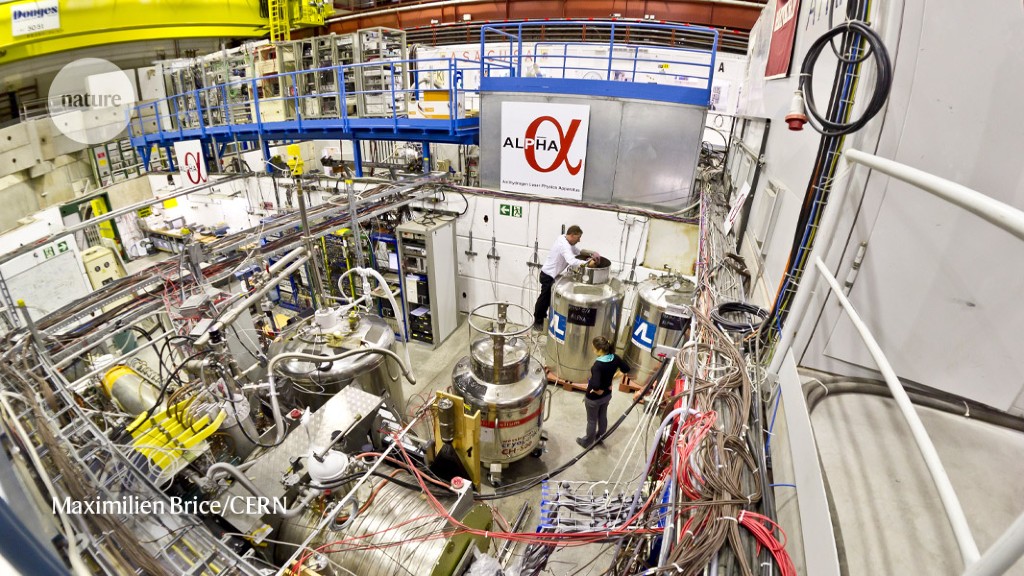Since the discovery of antimatter decades ago, particle physicists have wondered if these particles were repulsed by gravity. Einstein predicted that despite having opposite charges to its regular matter counterparts, antimatter should still behave like matter does concerning gravity. This has been tricky to confirm experimentally since it’s hard to make enough antimatter to observe its behavior. Particle physicists have finally pulled it off, using the ALPHA-g experiment at CERN, generating antihydrogen atoms and then dropping them in a 3-meter tall vertical shaft.
[description taken from Fraser Cain’s mastodon post ]



i used to get confused by physics headlines like these: how come such seemingly fundamental facts aren’t/weren’t known when there are so many really smart and dedicated people studying physics?
but after taking a differential geometry class, i get it now. that stuff is hard. and differential geometry is just the foundation for what these people are studying. there are some very cursed and counterintuitive things going on behind the scenes.
Common sense and theories told us antimatter falls down. But it’s hard to actually run the experiment. That’s the new part.
Removed by mod